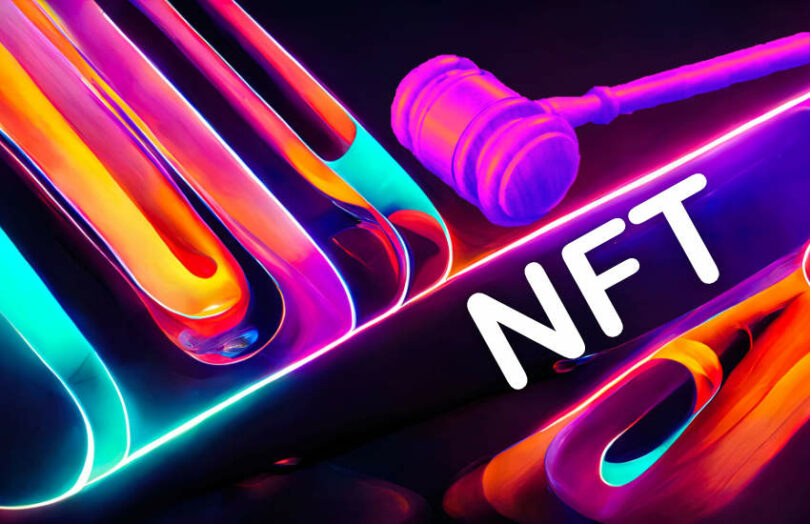Yesterday, the U.S. Securities and Exchange Commission (SEC) announced a settlement with media company Impact Theory which raised almost $30 million from the sale of Founder’s Key NFTs in 2021. Using the notorious Howey Test, the SEC considered the NFTs as securities. However, two commissioners disagree with the Howey analysis and believe there are larger issues around NFTs.
Impact Theory is a content provider that publishes weekly interviews with high profile people to help viewers develop “an empowering mindset.”
The dissenting commissioners, Hester Peirce and Mark Uyeda understand some of the SEC’s concerns such as a purchaser’s observation that “Buying a founders key is [l]ike investing in Disney, Call of Duty, and YouTube all at once.”
They note that the NFT did not involve shares in the company and did not generate a dividend. And they believe that the SEC’s legitimate concerns do not mean it is within the SEC’s remit.
“The handful of company and purchaser statements cited by the order are not the kinds of promises that form an investment contract,” said the dissenting commissioners. “We do not routinely bring enforcement actions against people that sell watches, paintings, or collectibles along with vague promises to build the brand and thus increase the resale value of those tangible items.”
They note that this sort of violation would usually require the company to give investors their money back. Impact Theory had already done two buybacks, although only just over 20% of the tokens have been repurchased for $7.7 million.
One of the challenges with NFTs is they won’t make a good legal precedent for the SEC because most NFTs offer distinct rights. Additionally, the objections from two commissioners would make it even harder to consider the case as a precedent.
Several questions are raised by the commissioners including crafting guidance for NFT creators so they’re aware when they might be entering into securities areas.
Some NFTs resemble warrants
Either way, this is not a straightforward area. Ledger Insights had discussions with numerous DAOs in 2021 and 2022 as part of our research. Many were exploring investment-like structures that would eventually come within the SEC’s purview.
However, they often looked to get started by building a community and selling them NFTs. These tokens would allow owners to get preferential access to the next stage, which was often an investment. Quite a few of these DAOs never saw the light of day.
Conceptually these NFTs were options or warrants.
The DAOs wanted to use NFTs because it was a simple, low cost way to get started without a lot of legal hoops. Most of the DAOs we spoke to seemed to have good intentions. But using an NFT rather than a warrant is bad from an investor perspective precisely because a warrant or option will provide a legally binding contract whereas NFTs invariably provide rather vague benefits.
However, the commissioners make the point that adults should be able to spend money as they choose.
Impact Theory responds
In a Spaces session on X yesterday, the Impact Theory founder explained a bit more about the settlement. He repeatedly referred to the “product”. A key reason for providing refunds – not once, but twice – was he saw people viewed the NFT as an investment that did not match their intent.
“The value we’re trying to accrue is the value of holding something. It’s not financially based,” said Impact Theory CEO Tom Bilyeu. Part of the reason for offering refunds is he wanted the community to have common motivations rather than misaligned ones. “It (the NFT) gives you things you love. It’s a collectible with utility.”
Unlike most, the company had not spent any of the money raised from the NFTs.
“We said many times we’re trying to build the next Disney. Unfortunately, the most likely outcome of trying to build the next Disney is failure,” said Bilyeu.
“Knowing with something this ambitious that the likelihood of failure is very high – we wanted to be in a position where if anybody was to lose it would be us and not the community. And so we have kept all that money to the side.”
He added, “I see what it’s like to do the dance with the SEC and it’s a very expensive dance.”






